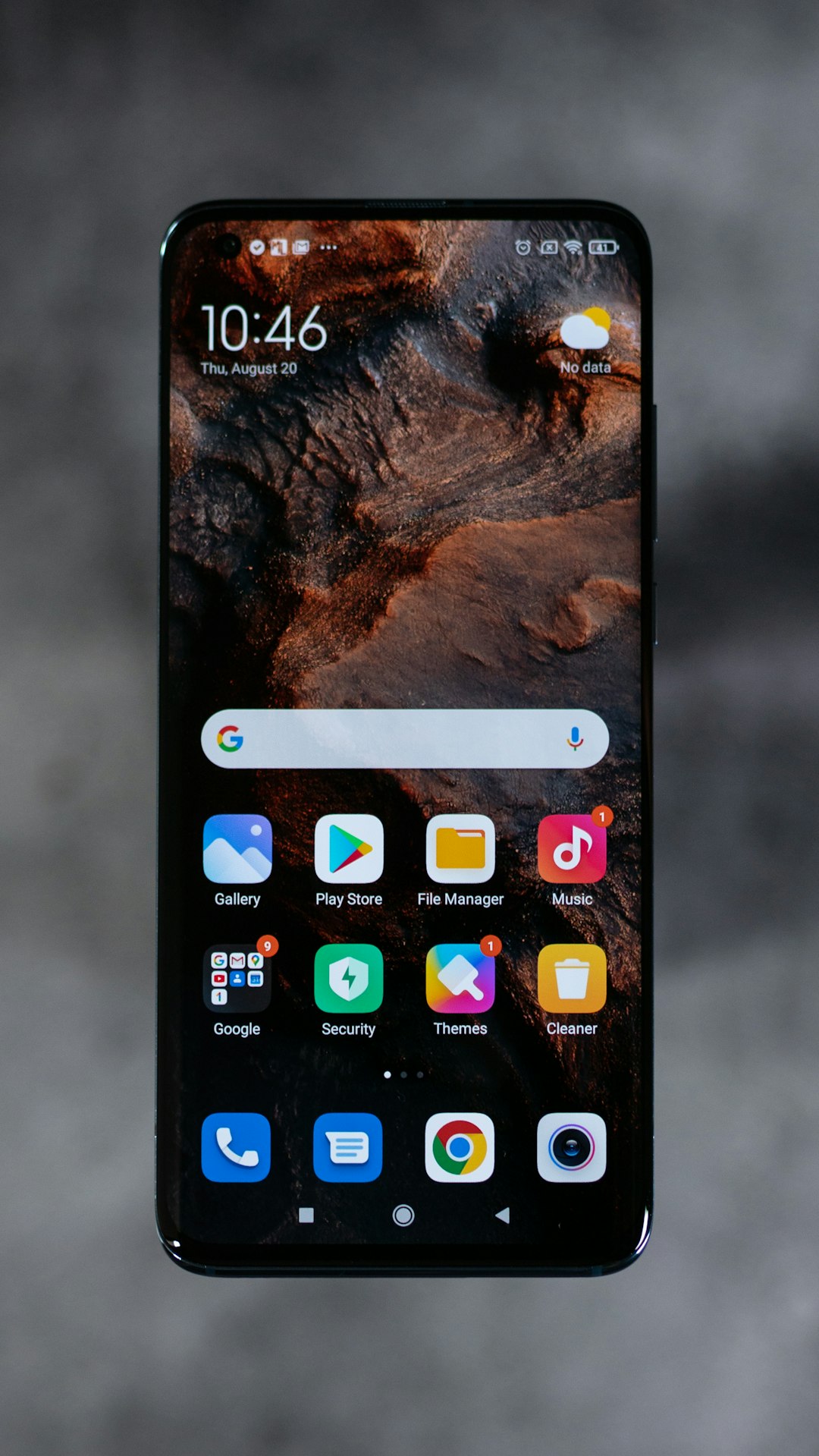Kansas has strict "Do Not Call" laws protecting residents from unsolicited legal phone calls. Law firms and attorneys must obtain explicit permission before calling, unless the consumer has opted in. Residents can register their numbers on the Kansas Do Not Call Registry to prevent promotional calls, including from lawyers. Ignoring these rules incurs significant penalties for legal professionals. When seeking legal assistance, use keywords like "Do Not Call Lawyer Kansas" to find compliant attorneys and firms.
In Kansas, understanding and adhering to ‘Do Not Call’ laws is paramount for both legal professionals and their clients. This comprehensive guide delves into the intricacies of these regulations, specifically tailored to the state’s context. We explore when and how to contact a lawyer in Kansas while respecting client privacy and rights. Furthermore, we analyze the potential legal implications for lawyers and clients who ignore these restrictions, emphasizing the importance of navigating these guidelines ethically and responsibly.
Understanding the Do Not Call Laws in Kansas: A Comprehensive Overview

In Kansas, the “Do Not Call” laws are designed to protect residents from unwanted telemarketing calls, including those from law firms and attorneys. These laws are part of a broader effort to curb excessive and intrusive marketing practices. The Kansas Do Not Call Law prohibits phone solicitations by lawyers and law firms unless specifically permitted or requested by the consumer. This means that if you have registered your number on the state’s Do Not Call list, law firms and lawyers in Kansas must refrain from calling you for promotional or advertising purposes.
The law covers a wide range of legal services, including but not limited to, personal injury, workers’ compensation, and real estate matters. If you do not wish to be contacted by lawyers or law firms through telemarketing calls, you can register your number with the Kansas Do Not Call Registry. This simple step ensures that your privacy is respected and that you are not disturbed by unsolicited legal services. Remember, registering your number makes it easier for qualified lawyers to reach you when truly needed, while blocking out the noise from less relevant calls.
When and How to Contact a Lawyer in Kansas: Navigating the Guidelines

In Kansas, the rules regarding unsolicited legal calls, often referred to as the “Do Not Call” laws, are designed to protect residents from unwanted attorney contact. Before reaching out to a lawyer, it’s crucial to understand when and how to make these communications. Typically, you should only contact a Kansas attorney or law firm under specific circumstances: if you’ve already retained them for legal services, if they have explicitly agreed to receive calls from you, or if they are responding to a referral from a trusted source.
For most legal needs, it’s best to initiate contact through official channels—a website, email, or by mail—as opposed to making direct phone calls. This approach ensures compliance with Kansas’ Do Not Call regulations and allows for a more structured and documented interaction with legal professionals. Remember, harassing phone calls from lawyers are prohibited, so always respect the recipient’s decision if they choose not to engage in a conversation.
The Impact of Ignoring Do Not Call Restrictions: Legal Implications for Lawyers and Clients

In Kansas, as in many jurisdictions, strict regulations govern the practice of unsolicited telephone marketing, particularly within the legal sector. Ignoring Do Not Call restrictions can have significant implications for both lawyers and their clients. When a lawyer or law firm makes phone calls to potential clients who have opted out of such communications, it not only violates state and federal laws but also undermines client trust and privacy rights.
Legal consequences may include substantial fines and damage to the reputation of the legal professional or firm. Moreover, clients who feel their privacy has been invaded are likely to take legal action, leading to protracted lawsuits and potential liability for the offending party. A lawyer for a Do Not Call case in Kansas must be well-versed in these regulations to ensure compliance and protect both the interests of their clients and their own professional standing.






